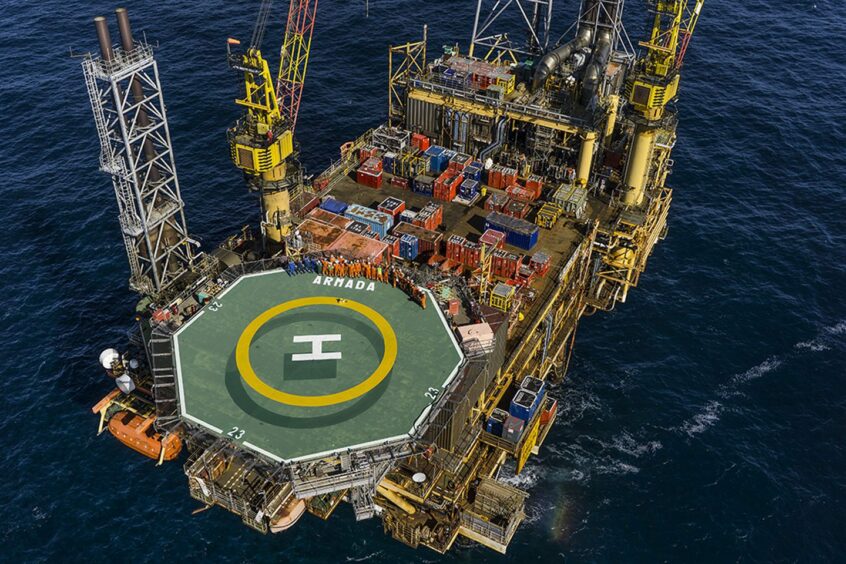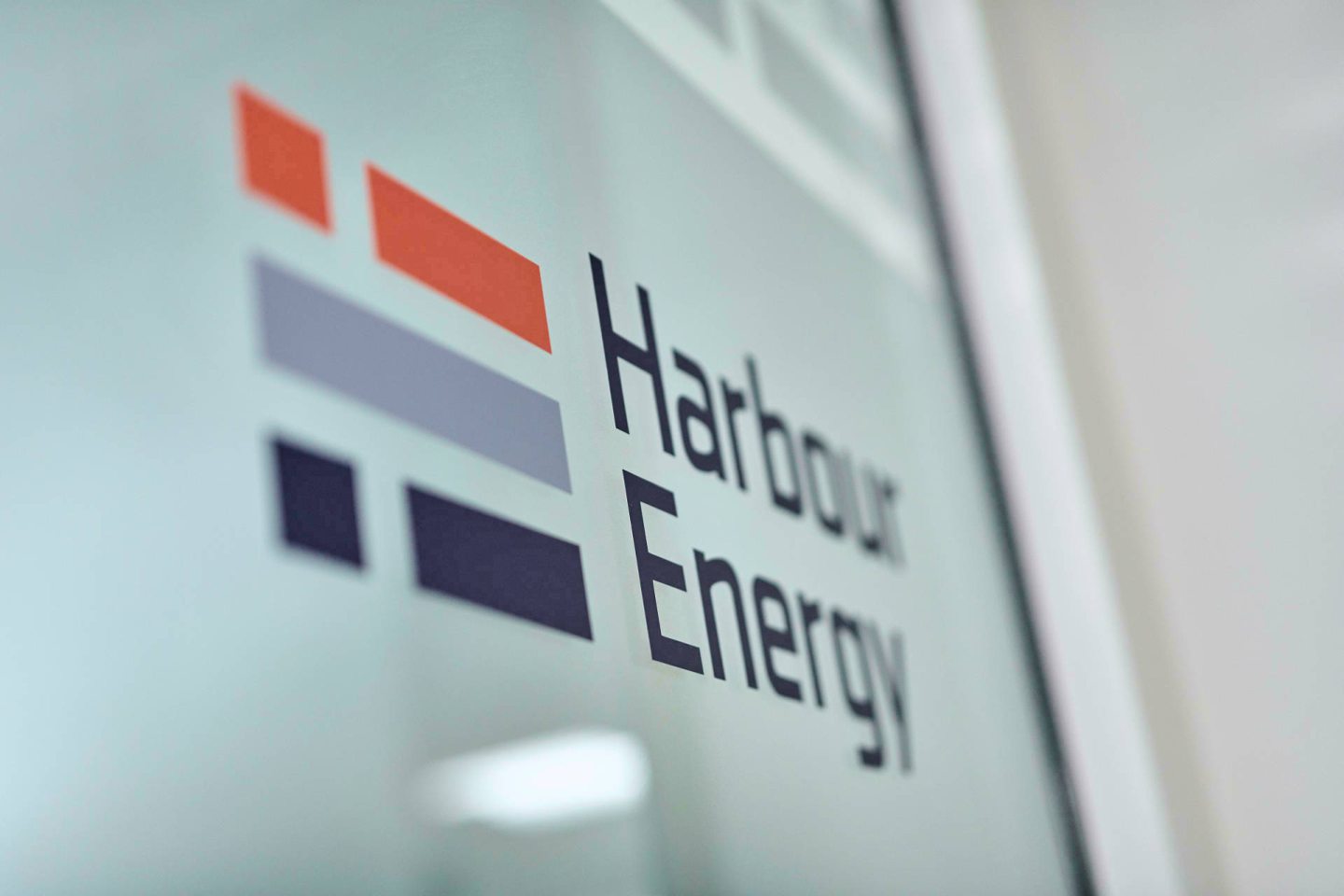
Harbour Energy (LON: HBR) shares have jumped after announcing an $11.2bn mega-deal for Wintershall DEA – in a pivot away from the UK sector.
Shares for the London-listed North Sea giant have climbed by around 30% (12.45pm Friday) on the deal announced Thursday, which will offer it opportunities around the world.
Analysts said it creates an “investment case challenger” to Aker BP which announced its merger with Lundin exactly two years ago.
It comes as Harbour Energy, the UK’s largest oil and gas producer, has lamented the impact of the Westminster-imposed windfall tax, and said it would seek opportunities elsewhere after deciding not to participate in Britain’s 33rd licensing round this year.
Strategic Rationale
Equity research from Jefferies said the “strategic rationale is very compelling, in our view, and while there is a long path to 4Q24 completion, proforma valuation metrics suggest a discount to peers of scale”.
London-listed Harbour expects an improvement in its credit rating, doubled production, higher reserves and reduced CO2 intensity from the move.
Jefferies highlighted this comes two years after Aker BP and Lundin of Norway merged, though Aker BP shares are broadly flat on its level prior to its deal.
“We would view the Harbour – Wintershall deal as bringing to the market a quite compelling International-focused E&P investment case challenger to Aker BP because of similar scale and with material Norway exposure and <1x geared with investment grade rating.”
Two months after Aberdeen restructuring
Despite the compelling rationale, others have pointed to Harbour “pleading poverty” over the windfall tax, while cutting Aberdeen jobs and returning cash to shareholders.
Two months ago, the firm completed a restructuring process, which it said would see over 300 jobs lost in Aberdeen – though it’s understood the final number of compulsory cuts numbered fewer than 100.
The windfall tax was blamed for the cuts, though analysts pointed to a bloated organisation post-Chrysaor and Premier Oil.
It comes after Harbour Energy said its 2022 profits were “wiped out” by the windfall tax – despite sizeable buybacks and dividend policies.
However, in terms of affordability, “the deal with Wintershall DEA was constructed in such a way that cash outlay will be minimal,” said Dave Moseley of analyst firm Welligence.
Harbour is assuming $4.9bn of existing Wintershall DEA debt, which will be serviced with a wider asset base – it is also issuing $4.15bn in equity and using $2.15bn of cash flow from the assets being acquired to help pay for it.
The firm has also managed to cut down to zero net debt as of June 2023, while high oil prices have bolstered liquidity to around $1.6bn, said Wood Mackenzie, made up of cash and an undrawn Reserves-Based Lending (RBL) facility.
Harbour Energy has meanwhile made no secret on its plans to seek opportunities outside of the UK following the windfall tax.
Mt Moseley of Welligence added: “In terms of Harbour’s UK business, it built a significant production portfolio making it one of the largest producers in the region. The subsequent introduction of the EPL wiped material value off the business, compounded by Harbour having comparatively minimal capex investment opportunities in its UK portfolio to offset this.
“Therefore, it chose to pivot away from the UK given the unattractive investment environment and associated regulatory instability.”
Recommended for you


 © Supplied by Harbour Energy
© Supplied by Harbour Energy